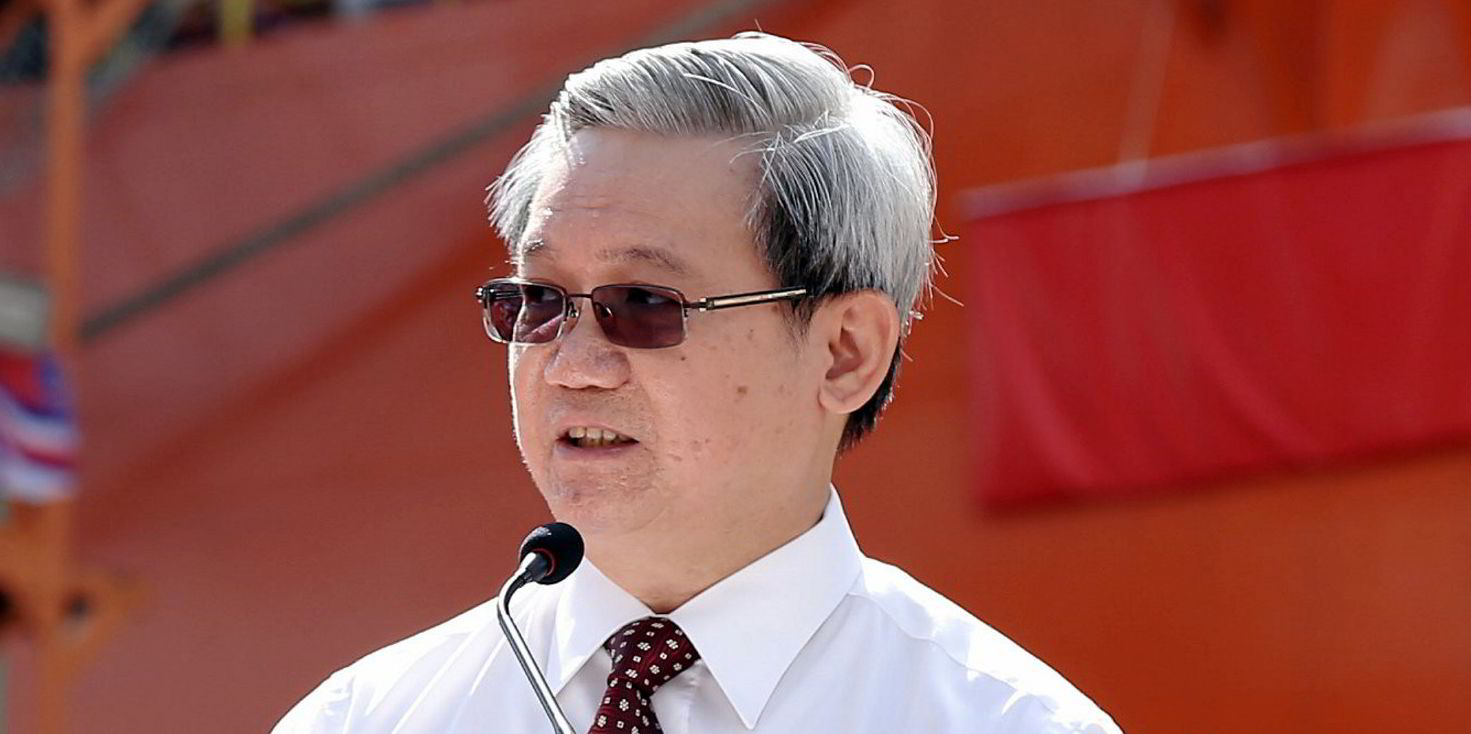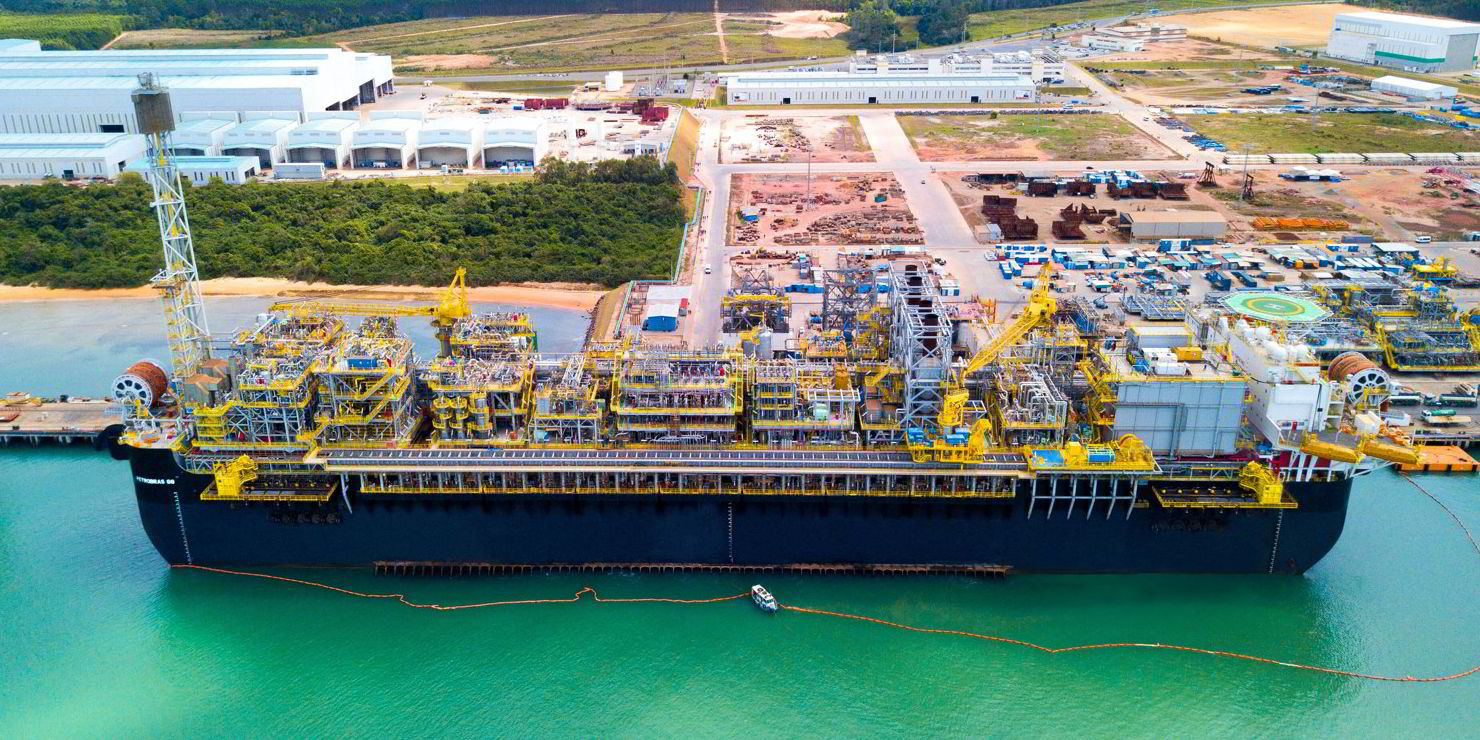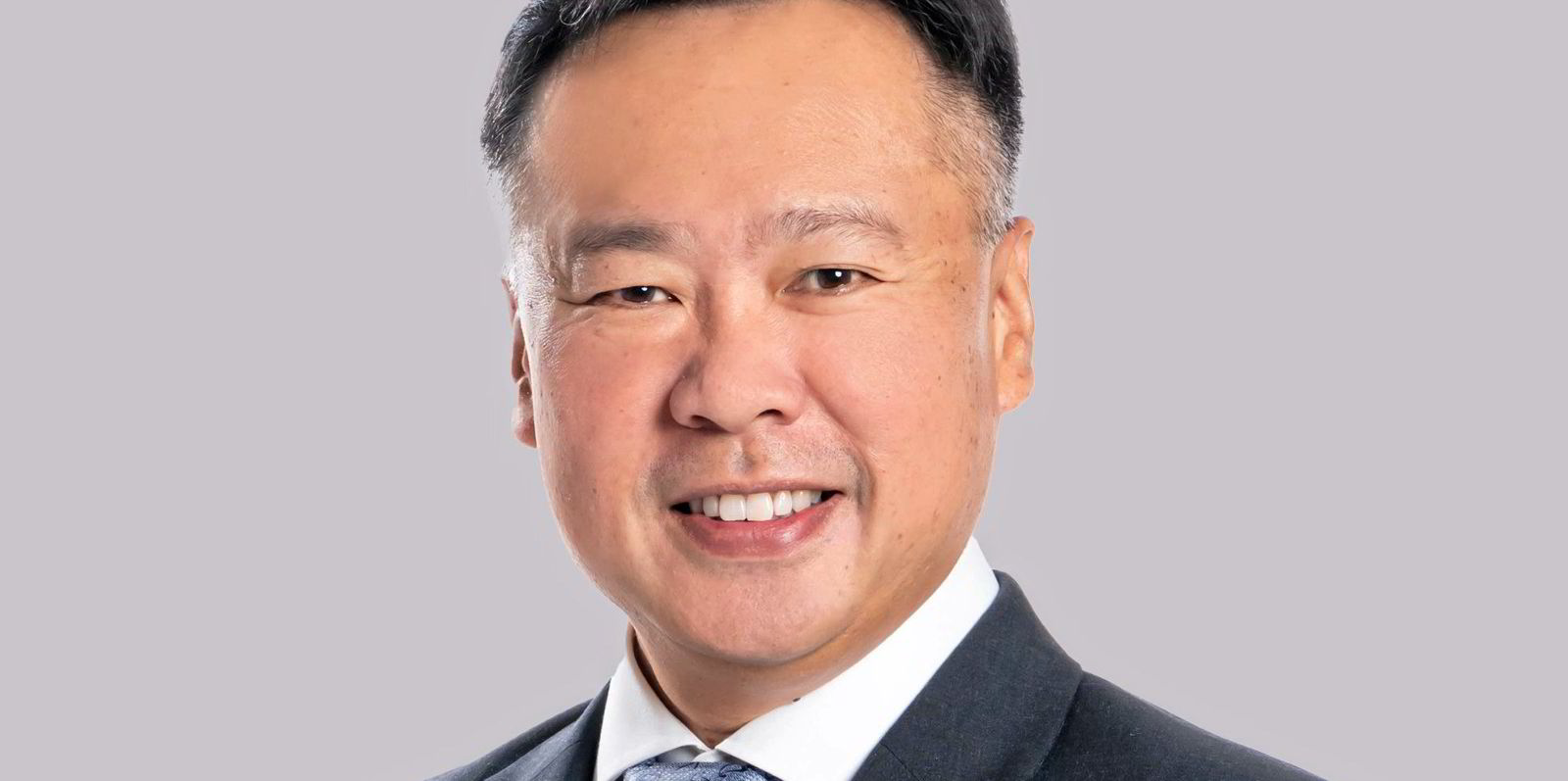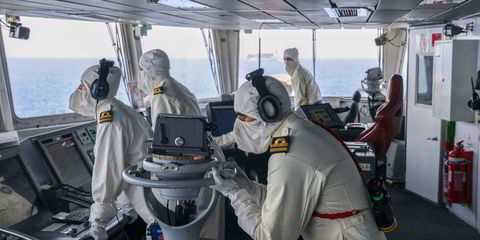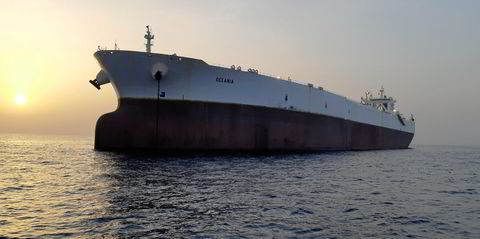The former chief executive of Singapore’s Sembcorp Marine, since renamed Seatrium, has been charged with corruption offences.
Wong Weng Sun, 62, and another former executive, Lee Fook Kang, 75, are alleged to have paid bribes of more than SGD 20m ($14.8m) to further the company’s interests in Brazil.
Wong was charged in Singapore’s State Court with five counts of conspiring to corruptly give gratification to a former consultant with Seatrium, Guilherme Esteves de Jesus.
On several occasions between 2009 and 2014, Wong is alleged to have conspired to bribe Esteves de Jesus to advance the business interests of Seatrium subsidiaries including Jurong Shipyard.
Wong has also been charged with allegedly instructing two employees of the company, in 2014, to remove an email sent by Esteves de Jesus containing evidence of bribes that Esteves de Jesus had given or would be giving to other persons.
Singapore’s Attorney-General’s Chambers said it considered all the relevant factors in this case, including the available evidence, and assessed that there was sufficient evidence to mount a prosecution.
However, the Attorney-General’s Chambers and the Corrupt Practices Investigation Bureau (CPIB), which launched the corruption investigation into Seatrium and its two former executives, said it would “not be appropriate” to provide further details at this juncture as the case is before the courts.
Anyone convicted of corruption can be imprisoned for up to five years and/or fined up to SGD 100,000, while those convicted of obstruction of justice can be imprisoned for up to seven years and/or fined.
Wong, who spent 14 years as CEO of Sembcorp Marine, stepped down in February 2023 following the merger of Sembcorp Marine and Keppel Corp’s offshore & marine unit.
In addition to bringing charges against Wong and Lee, Singapore’s public prosecutor is in discussions with Seatrium concerning a Deferred Prosecution Agreement (DPA) in respect of the alleged corruption offences in Brazil.
Seatrium would be required to pay a financial penalty of $110m, of which $53m may be used to offset the settlement payment totalling R$670.7m ($133.6m) under in-principle agreements that the company has reached with the authorities in Brazil.
A DPA is a settlement under which the prosecution agrees to defer criminal charges against a corporate offender in exchange for the company’s agreement to comply with conditions, such as admitting wrongdoing, paying financial penalties and implementing corporate reform.
The CPIB said the contents and terms of the agreement remain to be worked out and agreed on by the public prosecutor and the company.
“The DPA will also have to be approved by the general division of the High Court before it comes into force,” it added.
